| Durian products push fruit and vegetable export turnover to record level Vietnam SPS Office informs about some supermarkets in the UK stopping selling Vietnamese dragon fruit |
In the first 8 months of 2023, the export turnover of fruits and vegetables reached 3.45 billion USD, exceeding the export turnover of fruits and vegetables for the whole year of 2022 (3.16 billion USD) and with a growth rate that could surpass the record of 3.81 billion USD in 2018.
It can be said that the impressive results achieved by the fruit and vegetable industry can be considered a bright spot in the export picture in the first 8 months of the year. However, besides the joy, there have been and are many warning signs appearing.
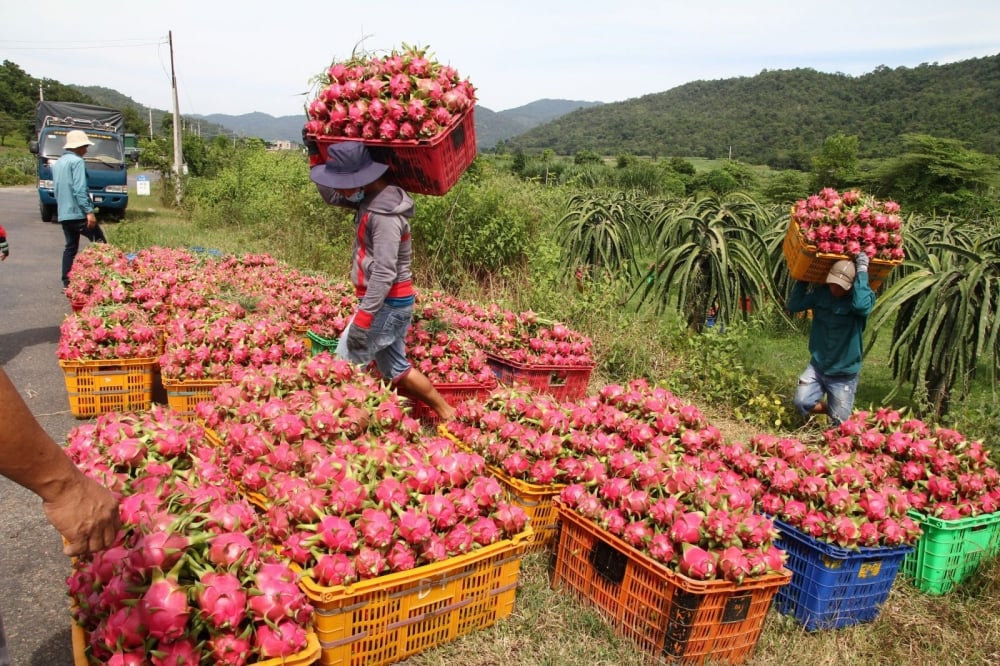 |
| Dragon fruit export |
It's fun but also a lot of worries.
Most recently, there was information from the UK Food Standards Agency (FSA) and Food Standards Scotland (FSS) that Vietnamese dragon fruit contains pesticide residues, potentially affecting the health of consumers. Therefore, FSA and FSS are proposing to move Vietnamese dragon fruit from Appendix II (products must be tested and granted a safety certificate in Vietnam before being exported) to Appendix I (products must be verified and 50% re-inspected at the port of arrival before being allowed to circulate on the market).
If this proposal is put into practice, it will be very difficult for Vietnamese dragon fruit exporting enterprises.
Regarding this information, the Plant Protection Department (Ministry of Agriculture and Rural Development) said that from 2020 to July 2023, the Vietnam SPS Office (Vietnam National Sanitation and Plant Quarantine Notification and Enquiry Point) has not received any violations regarding shipments of fresh and frozen dragon fruit exported to the UK.
Speaking to the press, the leader of the Vietnam SPS Office affirmed that the fact that a supermarket in the UK stopped selling Vietnamese dragon fruit products is unrelated to the UK's plan to increase the frequency of inspections. Increasing or decreasing the frequency of inspections is completely normal in international agricultural trade. Currently, Vietnam's dragon fruit exports to the UK are still taking place normally.
According to some experts, it should be considered whether this is a technical solution by the partner to "make things difficult" for Vietnamese dragon fruit, as has happened with some other agricultural export products. This assessment may not be entirely accurate in specific situations, but on a larger scale, it also raises issues that need to be considered thoroughly and seriously.
For example, recently, Vietnamese authorities have continuously received notices from importing countries that Vietnamese fruit exports do not comply with plant quarantine requirements. Specifically, bananas, mangoes, durians, jackfruits, dragon fruits, longans, etc. exported to the Chinese market; or durians, rambutans, and chili peppers exported to Germany, France, Spain, or frozen chili peppers exported to South Korea have chemical residues exceeding regulations. Partners require Vietnam to have measures to strictly control plant quarantine objects and residual plant protection chemicals in export shipments, etc.
Or durian is also a product that is constantly warned of violating plant quarantine, the quality is not guaranteed when the segments are raw, rotten because the fruit is cut too early. The reason is that there are times when the price is high, traders buy a lot of goods, garden owners are greedy so they take advantage of cutting the garden all at once, without having to select or screen.
Need to accept the rules of the game to grow
From dragon fruit and durian, it is necessary to repeat a familiar story: That is the technical barrier in trade. The issue seems to have not received due attention from producers and businesses, especially in the difficult context of the Covid-19 outbreak, followed by a decline in major export markets, we must focus on prioritizing diversification and opening up markets.
Since the time the EVFTA (Vietnam - EU Free Trade Agreement) and UKFTA (Vietnam - UK Free Trade Agreement) came into effect, experts from the Ministry of Industry and Trade have recommended that the opportunity to increase Vietnam's exports will be huge, especially agricultural, forestry and fishery products. However, manufacturers and businesses need to pay attention to non-tariff measures (NTMs) or technical barriers, including two common forms: sanitary and phytosanitary measures (SPS) and technical barriers to trade (TBT) .
In theory, SPS or TBT of FTAs comply with general WTO regulations, aiming to protect human, animal or plant life or health in the territory of exporting and importing parties, without discrimination or creating trade barriers.
However, another aspect of the issue is that technical measures can be used by importing countries to protect domestic production, or to restrict the goods of one partner and increase incentives for another. Of course, when applying, major economies study carefully and closely to explain reasonably in diplomatic relations, or further - have defensive measures if sued in the WTO's trade dispute settlement court.
Returning to the incident of exported durians being warned by partners because of rotting due to premature cutting, if the inspection process had been strictly conducted and standards had been followed before export, such products would not have "slipped through the net".
In addition, it can be seen that there is still a gap between Vietnamese standards and international standards. For example, Vietnam is widely applying VietGap standards, but global import markets and consumers prefer Global Gap, BAP and other international standards. Therefore, Vietnamese manufacturers and businesses need to refer to EU standards to design production, processing and farming processes. Although these standards are higher than Vietnam's and standards in other markets, and cost more, on the one hand, they will help Vietnamese agricultural products gain prestige with customers, and on the other hand, they will help management agencies "talk easier" when negotiating.
In the context of increasingly fierce competition, some countries have researched and quickly applied advanced biotechnology to produce many types of agricultural products, including fruits similar to those in Vietnam such as citrus fruits, lychees, dragon fruit, mangoes, etc. Therefore, manufacturers and businesses should grasp and update information on changes in SPS and TBT, and coordinate closely with authorities to be best prepared, because incidents such as dragon fruit, durian, etc. will continue to occur.
It should also be added that some countries in the region such as South Korea, Thailand... have had a lot of "bruised" experience because they have encountered similar problems to Vietnam when exporting to major markets. The important thing is that they seriously consult, learn, and thoroughly overcome their weaknesses to have a solid position in the globalized playground today.
Source link








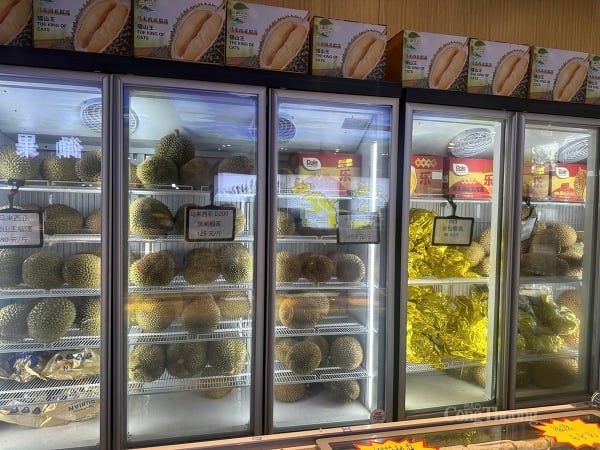
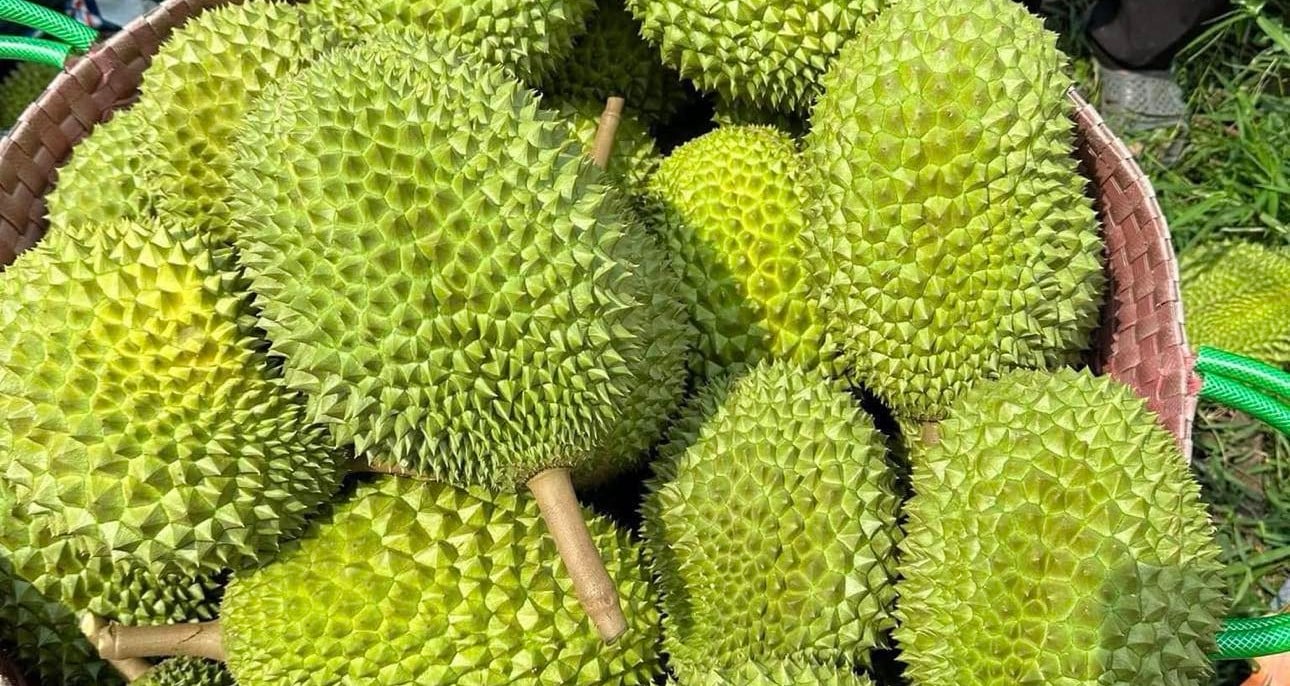

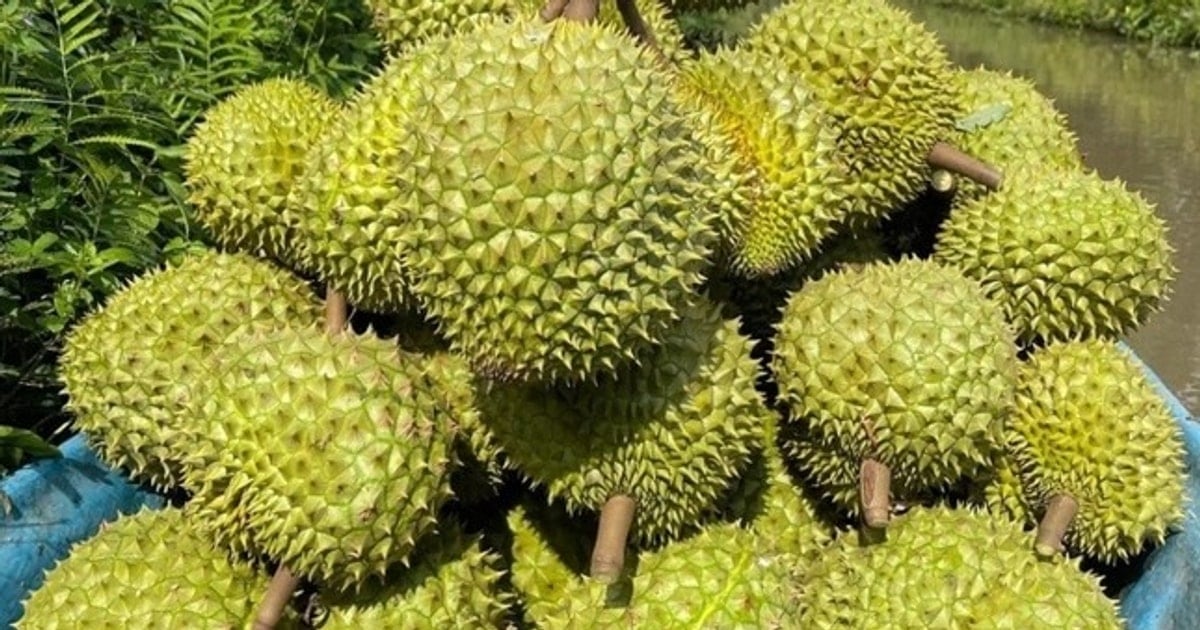

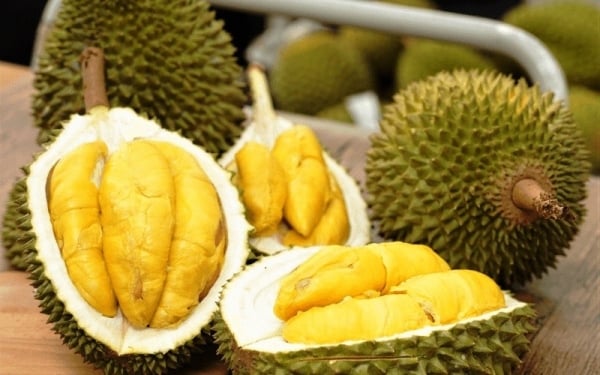
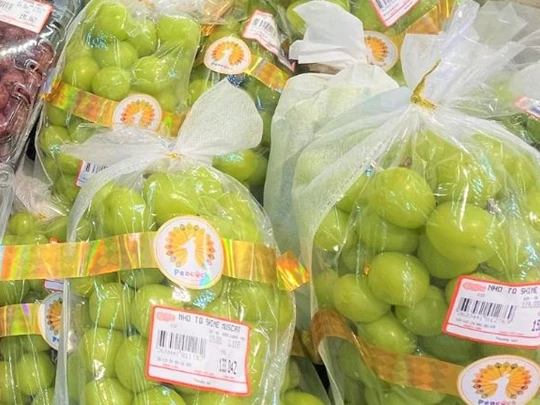

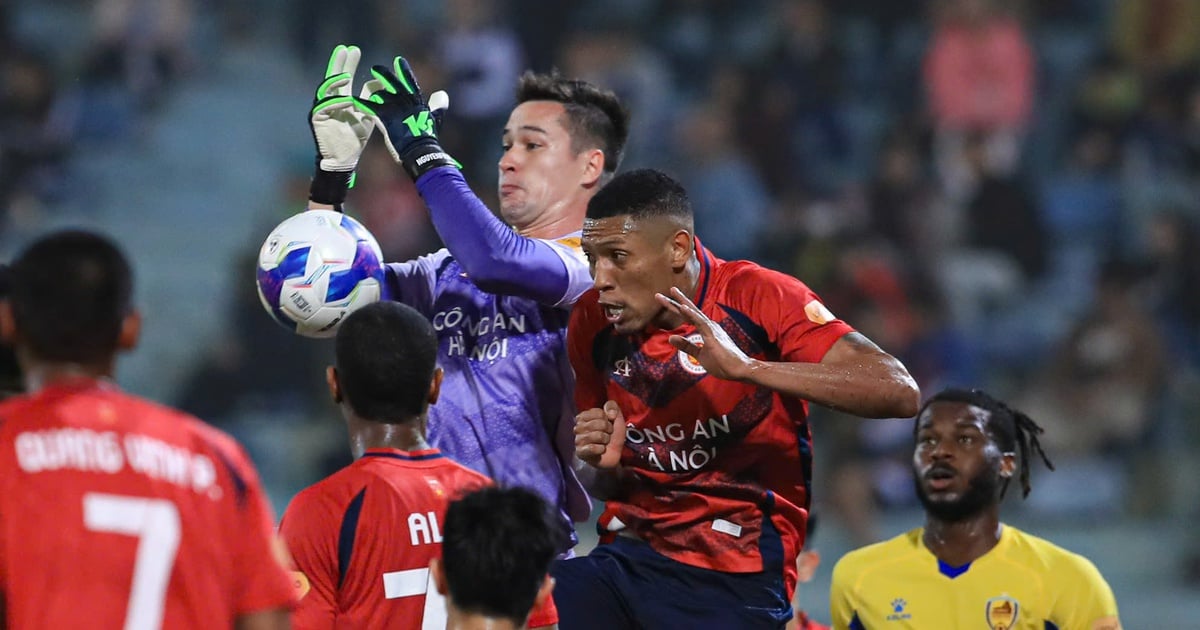

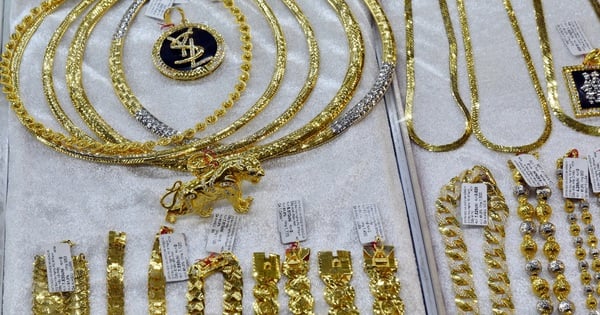

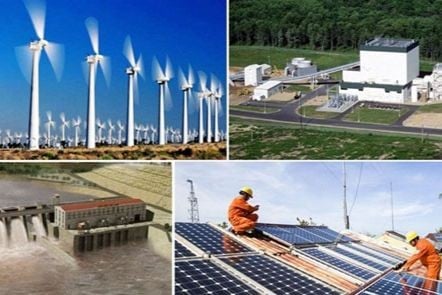

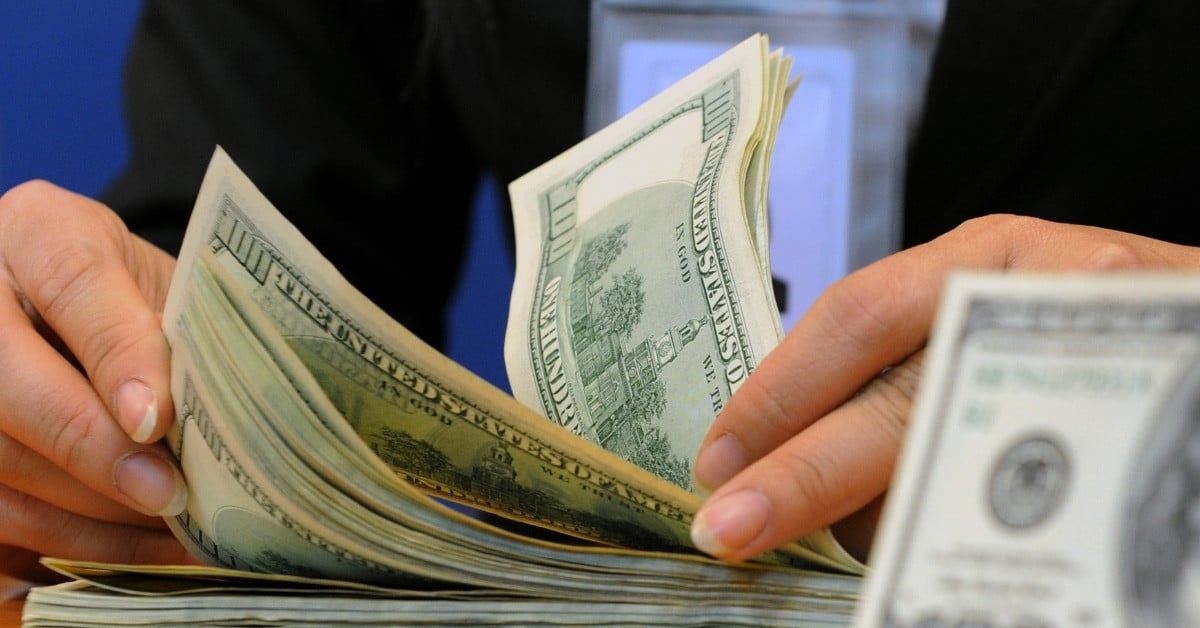


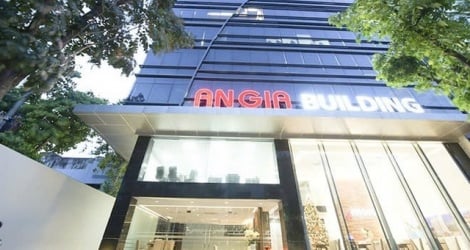

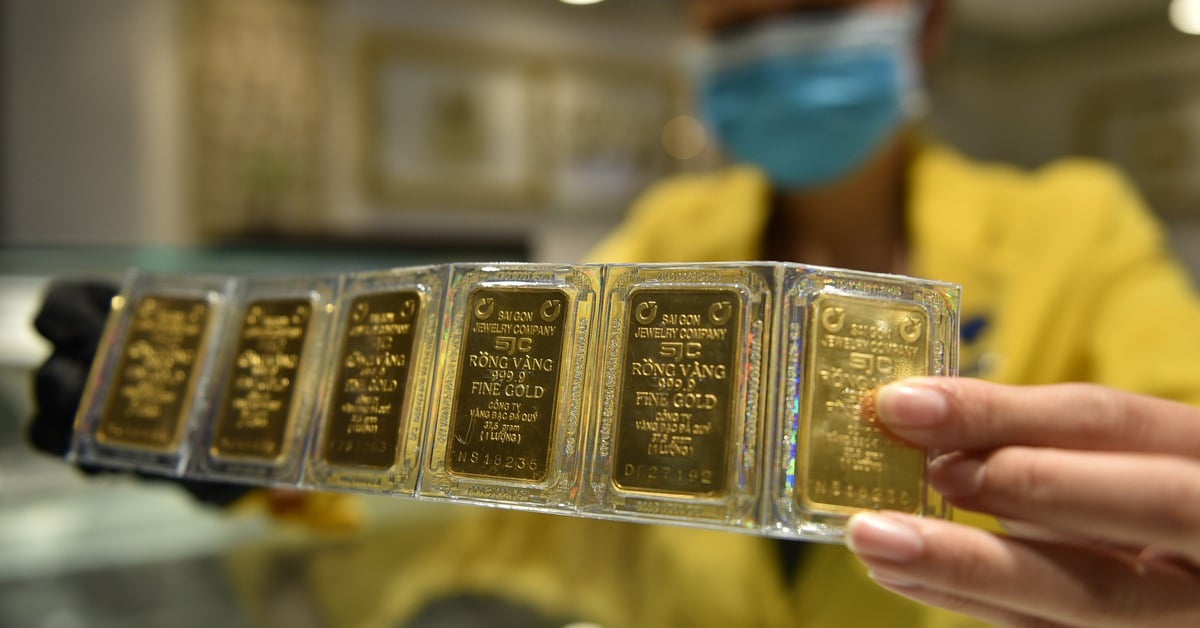
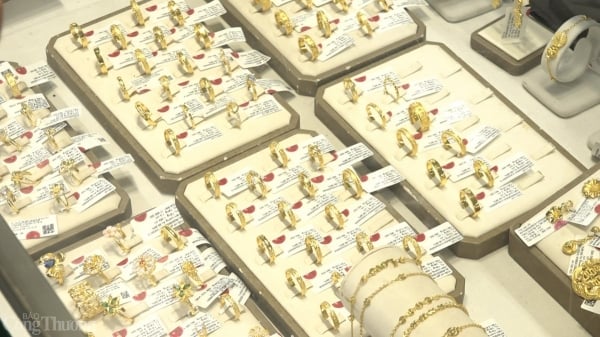
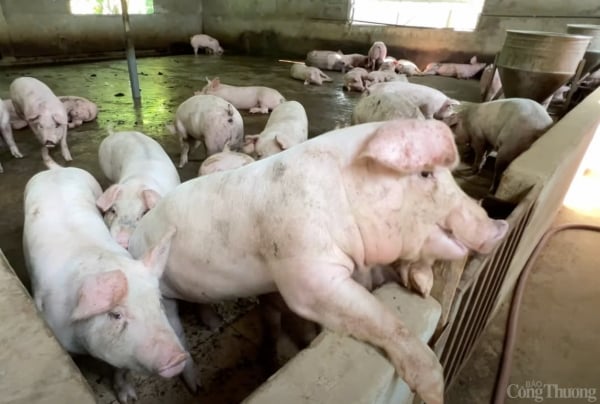
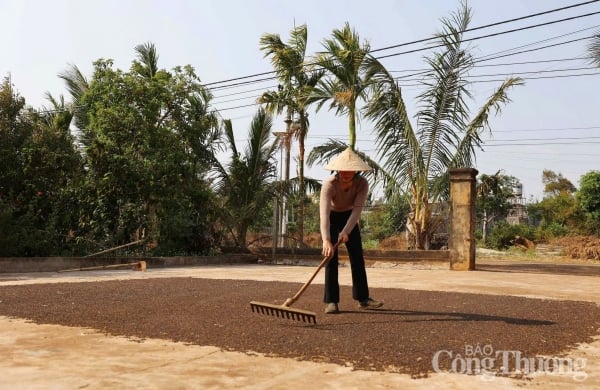
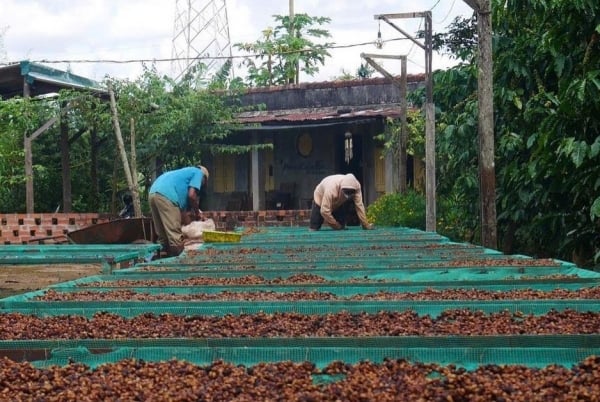
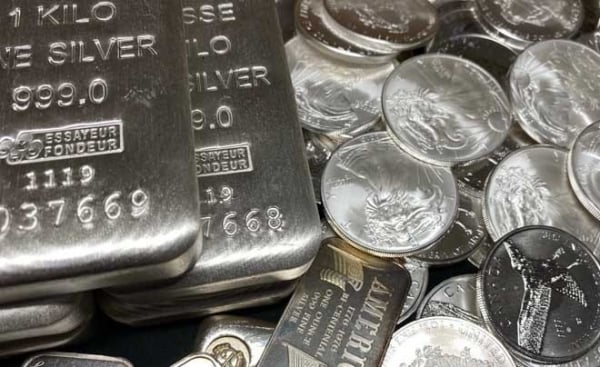
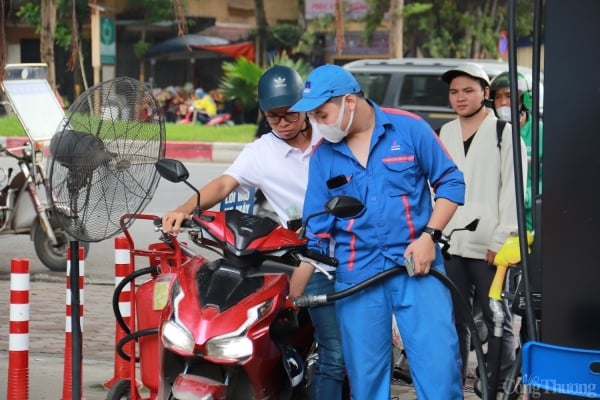





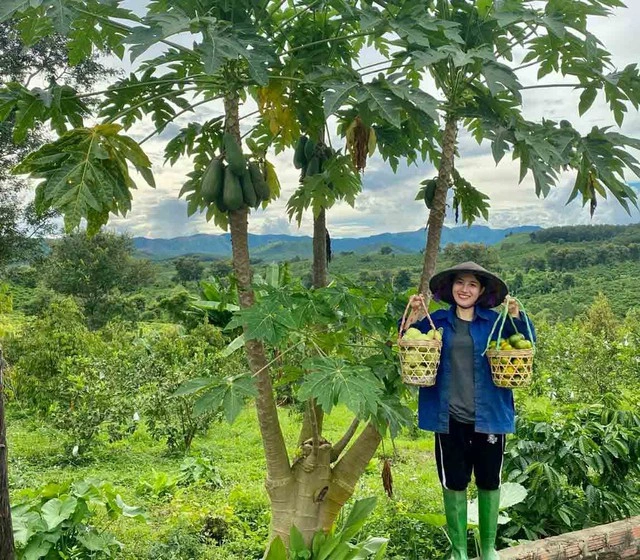

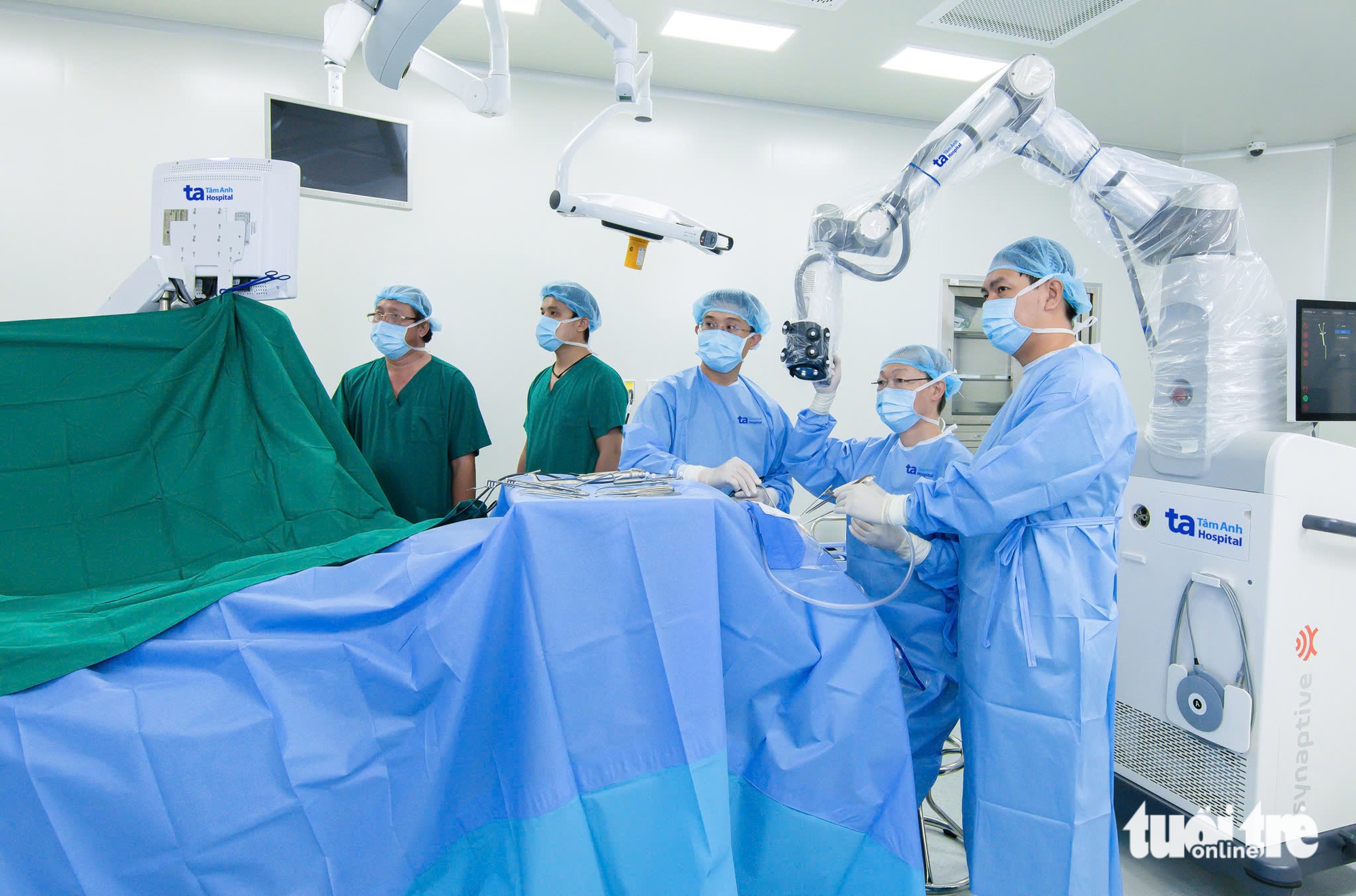

Comment (0)